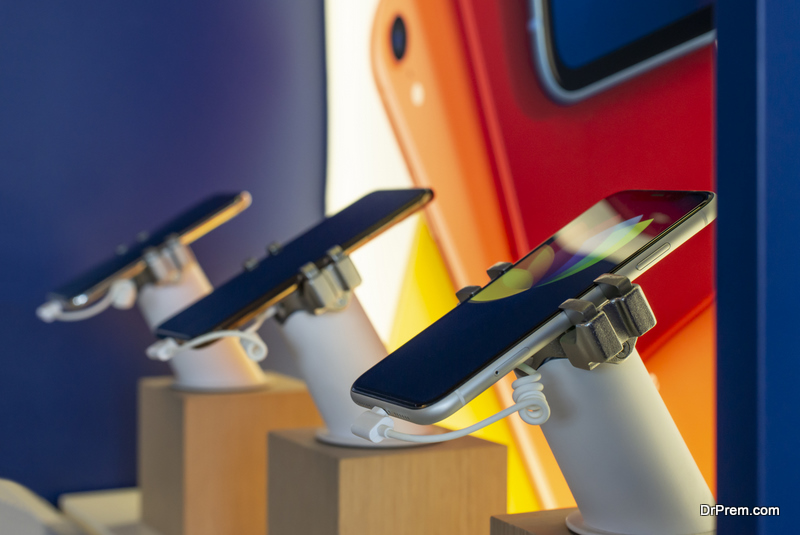The history of cell phones has been relatively short compared to other well-established industries. Though some form of a mobile phone has existed since the 1980s, the modern cell phone that includes internet access and an array of apps, has only been around since 2007, when the iPhone was released, supported by the AppStore with its 500 available downloadable apps.
At the time, this might have seemed like a pinnacle of innovation. Today nearly nine million downloadable apps are on the market, and tens of thousands more get released each week. Such a transformation within 16 years makes one wonder about the future of cell phones over the next ten, 25, and 50 years.
Although we have yet to learn precisely where the future will take us, some technologies are being launched now that offer a good idea where things may be headed. Below are just a few.
1. More Cloud-Based Apps for Business
Of all the recent advances related to the internet and mobile phones in the last few years, the one with the greatest momentum is the Cloud. At first, the Cloud was presented as a way to transfer files and documents from one personal device to another.
More recently, this technology has come into far more general use business. As more companies turn to cloud-based software, we may expect more apps to come online that will enable work to be done anywhere there is cell service.
As a consequence of that, companies will create apps for employees only. This is beginning to happen but has yet to become mainstream. But it may not be much longer before app creators become as common as graphic designers and SEO specialists.
2. Smarter Smartphones
Smartphones have altered the way people obtain information. Whether you ask Siri about the circumference of an avocado or Google the stat line of your favorite athlete, we have become accustomed to instant answers and information from the internet.
It may be tough to imagine any way to expand this feature, but recent advances in AI may make it possible. AI can decipher certain situations and come up with conclusions or solutions based on nothing more than the gathering of online information and combining it with previous data.
As AI becomes further integrated with phones, don’t be surprised if your mobile starts to send notifications about when it may be time to take a break from the screen, to take a stretch and walking break, or consider adding a new app based on the shape of your day.
3. Faster Speeds
As files and apps become larger, faster download speeds will be necessary just to be able to run them. If you tried to run most mobile games today with the same 2G technology we routinely used a decade ago, the game wouldn’t make it past the load screen.
6G is the next logical speed to handle the internet and data streams. However, since more satellites go up each month, we may be nearing the point of being able to get at least 5G speeds almost anywhere.
The days of fuming through no service while driving through Kansas or when you step into a basement may soon be over.
4. No Cell Phones
The future of cell phones may mean no physical phone at all. For years, a smartphone’s size and general appearance didn’t change. However, that began to change with devices that can change shape or flip.
About a decade ago, Google tried to release Smart glasses. This invention may have been too far ahead of its time; it flopped and became instantly obsolete.
However, Apple is about to roll out its VisionPro headset, which could be the first step toward replacing physical phones. It’s difficult to imagine VisionPro failing to progress from a full headset to something smaller, such as sunglasses or contact lenses.
So it’s not inconceivable to expect that every current phone function could be combined into that technology when and if that happens.
Conclusion
Of course, nobody knows exactly when or what changes are unmistakably coming to the cell phone industry. But if the last 17 years have taught us anything, it is that the growth and progress in this industry are not likely to slow down.
Article Submitted By Community Writer
